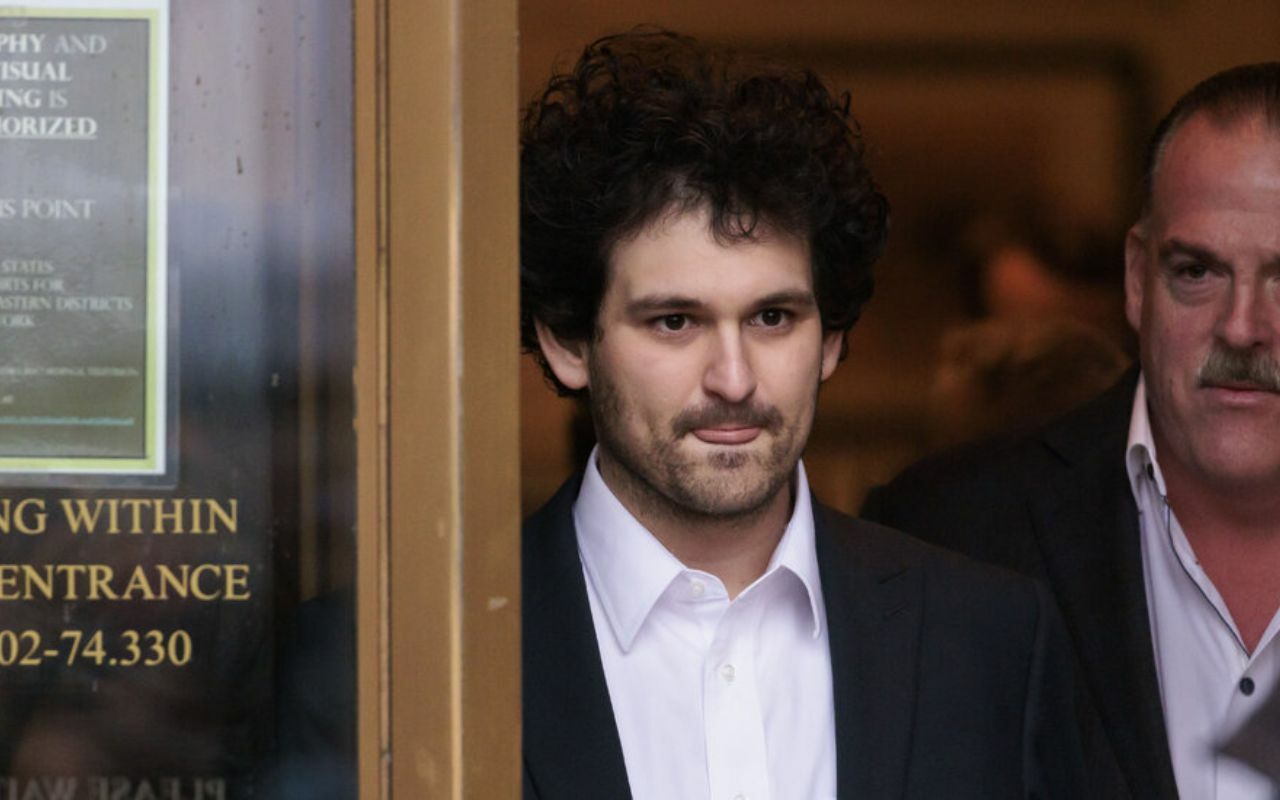FTX founder eyes Supreme Court ruling in bid to dismiss fraud charges

FTX founder Sam Bankman-Fried is seeking to use a recent Supreme Court ruling to strengthen his defence against fraud charges related to the collapse of his cryptocurrency exchange. However, legal experts have suggested that the chances of having the charges dismissed remain low. Bankman-Fried requested on May 8 that most of the charges against him be dropped, arguing that some were based on a theory of fraud centred around depriving a victim of economically valuable information rather than tangible property.
Days later, the US Supreme Court invalidated the “right to control” theory when it overturned the conviction of a construction executive accused of bid-rigging. Bankman-Fried’s lawyers claimed in a May 12 letter to US District Judge Lewis Kaplan that the Supreme Court’s decision had a “direct bearing” on his case. Despite this, experts have stated that in Bankman-Fried’s case, prosecutors can point to tangible property victims lost.
“If the customers turned over their money to FTX based on allegedly fraudulent statements that Bankman-Fried made, the government would argue that is a deprivation of property,” said Mark Kasten, counsel at Buchanan Ingersoll & Rooney in Philadelphia.
Bankman-Fried’s case is part of an escalating crackdown on alleged abuses at digital asset exchanges by US prosecutors and regulators, following last year’s plunge in the values of Bitcoin and other tokens as central banks raised interest rates. Officials say Bankman-Fried portrayed FTX as a safe, responsible platform in the volatile sector, even as he was diverting customer funds.
Bankman-Fried, 31 years old, rode a boom in Bitcoin and other digital assets to accumulate an estimated net worth of US$26 billion before FTX declared bankruptcy in November. The exchange imploded after a flurry of customer withdrawals in the wake of reports it had commingled assets with Alameda Research, Bankman-Fried’s crypto-focused hedge fund.
Bankman-Fried may have a better chance of convincing Kaplan that a bank fraud count he faces rests on the right to control theory and should be dismissed, said Paul Tuchmann, a former federal prosecutor and current partner at Wiggin and Dana.
“It is to me logical to argue that you are not trying to obtain money or property when you lie … to open up an account,” Tuchmann said.
Even if the bank fraud count is dismissed, Bankman-Fried would still face 12 other counts at his Oct 2 trial, reports Channel News Asia.
“SBF has an uphill battle,” said Tim Howard, a former federal prosecutor in Manhattan and current partner at Freshfields, referring to Bankman-Fried by his initials. “He’s going to have to prove that none of these fraud theories is applicable to escape liability.”
Latest Thailand News
Follow The Thaiger on Google News:


























